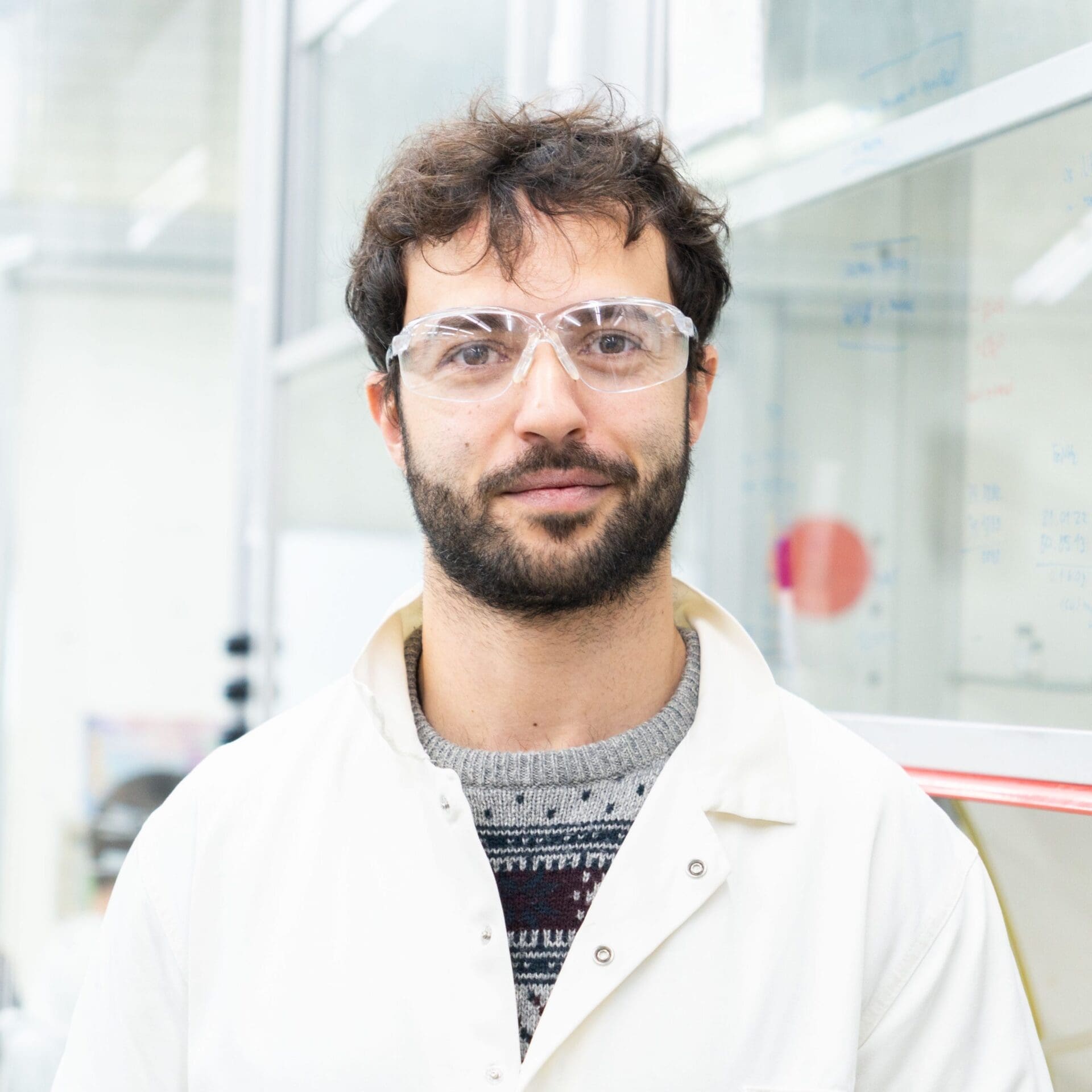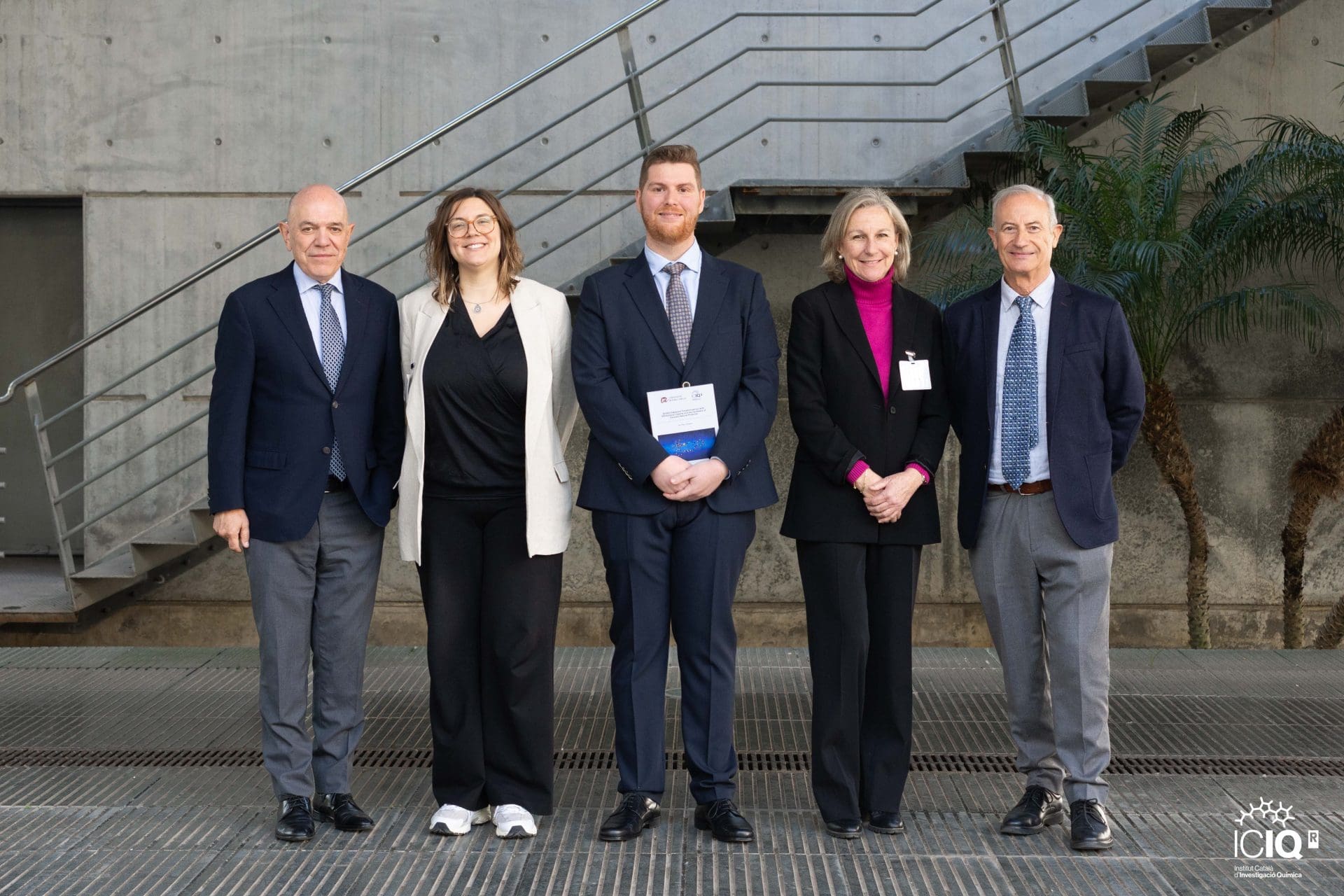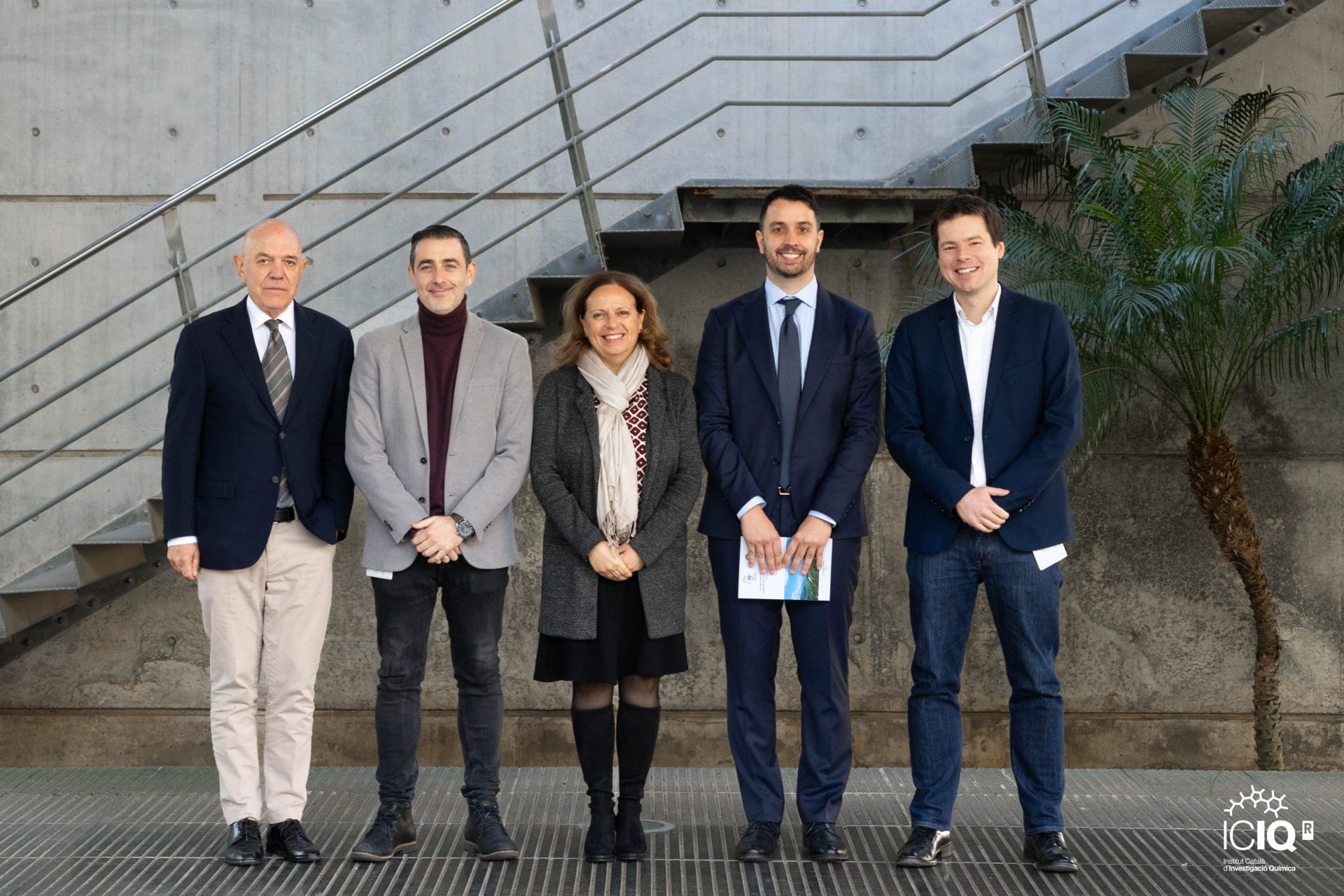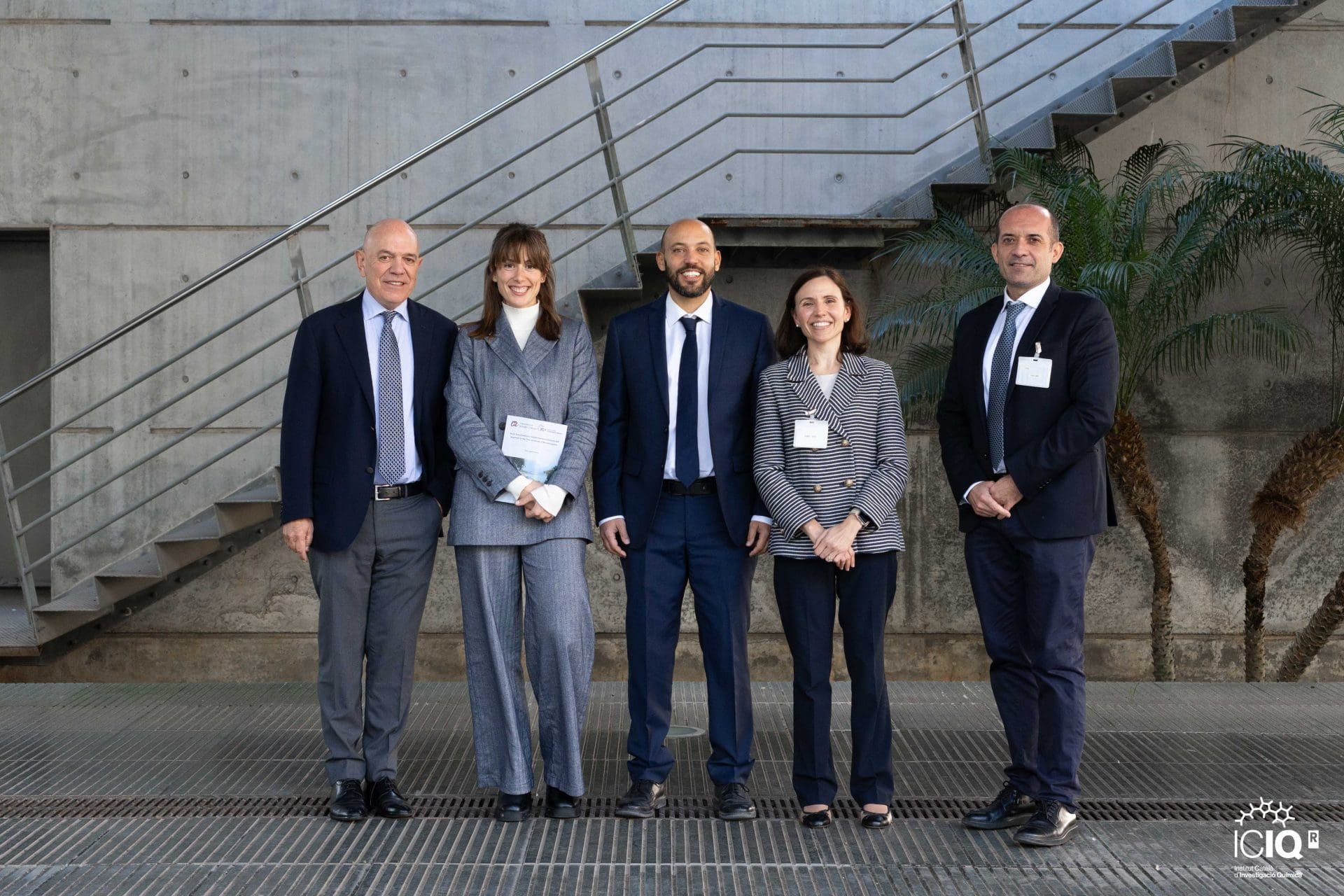New Doctor at ICIQ, Dr. Armengol-Relats
Helena Armengol i Relats, PhD student under the supervision of Prof. Antonio M. Echavarren, has defended her PhD thesis entitled “Gold(I)-Catalyzed Cycloadditions and their Application in the Synthesis of Natural Products” (assigned to the Organic Chemistry Department of the Universitat Rovira i Virgili) publicly on October 14th.
The members of the evaluation committee were: Prof. Antoni Riera (Institut de Recerca Biomèdica Barcelona), Prof. Elena Fernández (URV) and Prof. Silvia Díez (Imperial College London).
Dr. Armengol-Relats is from Lliçà d’Amunt, a small town near Barcelona. She obtained her bachelor’s in Chemistry from Universitat de Barcelona, after which she came to Tarragona to do the URV-ICIQ Master in Synthesis, Catalysis and Molecular Design. To her surprise, when she finished the Master’s, her PhD supervisor, Prof. Echavarren, proposed she carry out a thesis in his lab. She enjoys playing the piano but also confesses that she hasn’t played as much as she would have liked to during her PhD studies.
Why did you become a scientist?
I’ve always liked science, especially mathematics; I was really excited when I had math homework because it was like a game to me. But, once the time came to choose my bachelors’, I leaned towards doing something more tangible, so in the end, I decided to study chemistry.
From the lessons learnt at ICIQ, which one do you value the most?
I’ve learnt a lot about chemical synthesis and different aspects of chemistry. But I think the most valuable lesson from my PhD is learning to ask for help and to trust your lab mates, they can give you new perspectives and insight you have missed.
What will you miss the most from ICIQ?
I’ve heard that when you leave ICIQ you miss the labs and its cutting-edge facilities. But in all honesty, I think I’ll miss the people the most!
What do you wish you had known at the beginning of your PhD?
That I should characterise all the compounds because you never know when you might need it! It’s important to have a good record of what you do each day in the lab, just in case you need to repeat that experiment you need to remember all the details. Keeping track of everything is key.
What advice do you have for someone who’s starting their PhD now?
To talk about and share everything you are doing in the lab with your colleagues. Talking about the hypothesis you’re working on will help you organize your ideas and grow as a researcher. You don’t do a PhD alone and so, need to learn to share your ideas.
Have you ever been emotional over an experiment? Why?
Yes, many times! When things go well, I’m very happy but when things go wrong, I’m down. I work on the synthesis of natural products and a short time ago I produced an intermediate that was key for the project and that was very emotional.
What has been your biggest motivation these years?
My main motivation and inspiration were my lab mates. Whether something works out the way you wanted or it doesn’t, you want to share it. I was lucky to be the most junior person in the lab for several years, and I was really inspired by seeing how motivated and keen to keep on learning my colleagues were.
The thing that I like most about my work as a scientist is….
Every day is different and full of surprises. This mystery of what you might achieve tomorrow is kind of addictive.
If you were a piece of lab equipment, what would you be?
An NMR tube because you never know what results you’ll get from it and it can give you more than one surprise!
Chemistry is fun because…
It’s intriguing, if you knew before doing an experiment how it will turn out, you wouldn’t do it!
Related news

Let's create a brighter future
Join our team to work with renowned researchers, tackle groundbreaking
projects and contribute to meaningful scientific advancements







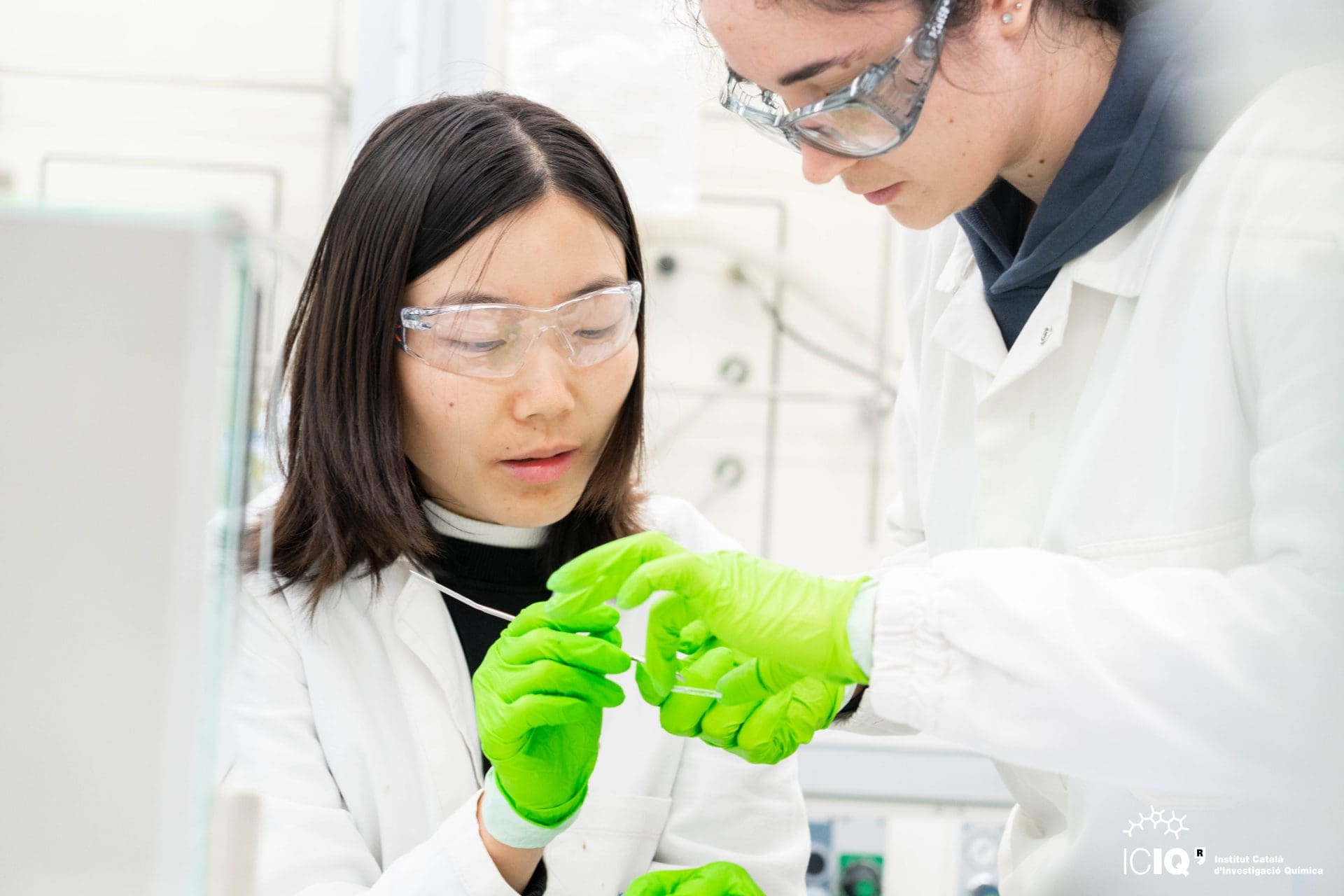
 21-01-2025
21-01-2025 